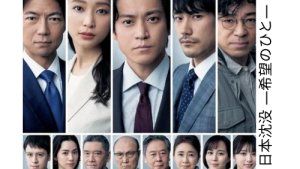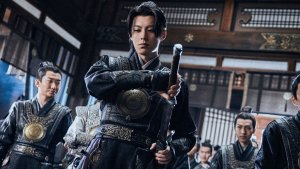 Top 25 Japanese Actresses on MDL
Top 25 Japanese Actresses on MDL
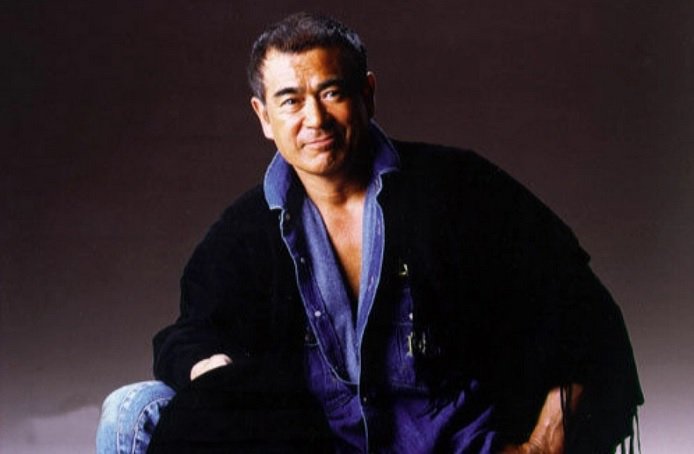
An actor's body should be full of emotions, whether it is happiness or sorrow, pain or joy, enraged or elated. Action is drama. If we cannot make the audience laugh, smile or cry with us, we are not actors. ~ Sonny Chiba
On the 19th of August, 2021, we lost another legend of Japanese Cinema. Shinichi Chiba, the actor and martial artist, was known to international audiences mainly from the Kill Bill movies and The Fast and The Furious: Tokyo Drift flick, but his cinematic legacy spans across six decades. From righteous cop through street fighter to master swordsman, Chiba was the icon of action movies in the 1970s and the 1980s. Fellow MDL-ers, we present you with an in memoriam tribute to the one and only, Sonny Chiba himself.
Personal Details |
Name: Chiba Shinichi
Birth Name: Maeda Sadaho
Native Name: 前田 禎穂
Nicknames: Sonny Chiba, Chiba Shin'ichi (千葉 真一), JJ Sony Chiba, Wachinaga Rindō (和千永 倫道 )
| 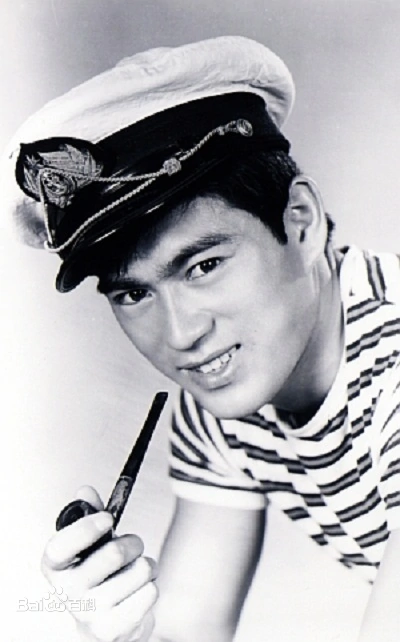 |

Early Life |
Chiba was born in 1939 as the third of five children. Considering the time frame, it comes as no surprise that his father served as a pilot for the Imperial Japanese Army Air Service. Interestingly, Chiba's mother was very active in sports during her youth and it goes without saying that Sonny got bitten by the athletics bug as he engaged in baseball, volleyball, track and field as well as artistic gymnastics while attending junior high school.
It was in the 1960s when Sonny seriously started training karate. During his study years at Nippon Sport Science University, he was even considered to become a part of the Japanese Olympics team but an unfortunate back injury got in the way. Still, he managed to obtain a black belt in 1965 under the guidance of Kyokushin Karate master Masutatsu "Mas" Oyama.
Over the course of his life he achieved the following: Kyokushin Karate: 4th Dan, Ninjutsu: 4th Dan, Goju-ryu karate: 2nd Dan, Shorinji Kempo: 2nd Dan, Judo: 2nd Dan, Kendo: 1st Dan.
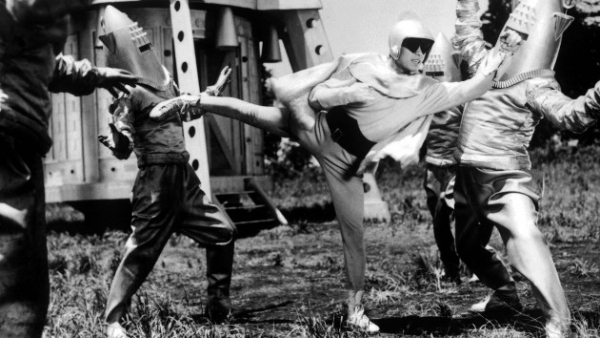
The 1960s |
Toei Studios executives were looking for new talents at the beginning of the decade and, needless to say, young and physically fit Sonny caught their eye. He made his debut in two tokusatsu shows: Seven Colour Mask (1960) and Ara no Shisha (Messenger of Allah 1960). As for the silver screen, Sonny starred in yet another superhero flick called Uchuu Kaisokusen (Invasion of the Neptune Men 1961) and Drifting Detective: Tragedy in the Red Valley (1961). The latter picture proved to be extremely successful as it spawned a sequel and kick-started a series of collaborations between Sonny and acclaimed director Kinji Fukasaku.
It has to be acknowledged that Sonny did not forget about his tokusatsu roots because in the year 1970 he set up his own training school for martial artists called Japan Action Club. This organisation would go on to become an essential part of the Super Sentai franchise, being responsible for the majority of breathtaking stunts on the show throughout the 1980s and the 1990s.

The 1970s |
In the 1970s, Sonny's career kicked in higher gear as he appeared in a variety of different genres. For instance, in Kiba, The Bodyguard (Karate Kiba 1973) he played the righteous fighter who declares war on drug cartels; in The Bullet Train (1975) he appeared as a train conductor doing everything that's possible to stop the Shinkansen express which is wired with a bomb; in Golgo 13: Assignment Kowloon (1977), he portrayed a ruthless assassin known as Duke Togo.
The Street Fighter trilogy (1974) (no relation to the popular video game) really turned Sonny into a recognisable brand in the West, inspiring young filmmaker Quentin Tarantino who payed an homage to these films in True Romance (1993). In The Street Fighter, we see Sonny as a gun for hire who does a lot of shady stuff but ultimately does the right thing and saves the day from yakuza thugs. Honestly, the trilogy bears a lot of exploitation marks of the 1970s, but it is worth to check it out solely for Chiba's action scenes. The movies were so successful that they spawned a spin-off series, Sister Street Fighter starring Etsuko Shihomi in the leading role.
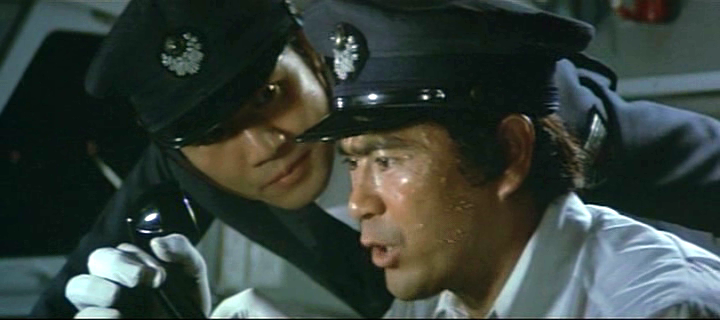 |  |
Additionally, Sonny Chiba portrayed the character of Yagyu Jubei Mitsuyoshi multiple times. The first time was in Kinji Fukasaku's Shogun's Samurai (1978), then a TV remake known as Yagyuu Ichizoku no Inbo (The Yagyu Conspiracy 1978 - 1979), and a fantasy period piece Samurai Reincarnation (1981). The last movie is notable for its great practical effects and stunt work as we see Sonny battling against a slew of evil demons.
The actor also returned to the realm of science fiction with Fukasaku's Star Wars-inspired Message from Space (1978) and time-travel epic G. I. Samurai (1979). Both movies are obviously campy but they are such guilty pleasures, especially G. I. Samurai, which was made before the popular Back to the Future franchise. In Message from Space, Sonny stars once again alongside Etsuko Shihomi, and also Vic Morrow who died tragically just a few years later.
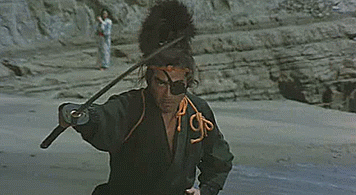
The 1980s |
In the following decade, Sonny solidified his action status by appearing in such hits as Virus (1980), Shogun's Ninja (1983), and another popular tokusatsu franchise, The Space Sheriffs (seasons between 1982 and 1984). Nevertheless, the actor did not abandon the jidaigeki genre. Apart from the aforementioned Samurai Reincarnation (1981), Sonny joined forces with Fukasaku once again in a feature called Legend of the Eight Samurai (1983). In the film, we see Sonny as an honourable samurai protecting a young princess from the wicked witch (marvelously played by Mari Natsuki). In Yasuo Furuhata's Shogun's Shadow (1989), Sonny broke the convention of playing a good guy as we see him as a mercenary on the services of corrupt Shogunate. This particular picture is definitely one of the best samurai flicks of the 1980s due to awesome action and catchy J-Pop songs.

The 1990s |
Throughout the 1990s, Chiba limited himself to TV appearances, but also started getting parts in international productions. Apart from doing Hong Kong films, such as Casey Chan's Fighting Fist (1992) and Andrew Lau's The Storm Riders (1998), Chiba also tried to make it big in Hollywood. His first American role was that of pilot Horikoshi in John Glen's Aces: Iron Eagle III (1992). Nevertheless, the actor did not manage to match the greatness of his good friend Ken Takakura overseas. Hollywood offers were mainly low-budget direct-to-video features, that is until Quentin Tarantino came pounding on Sonny's door.
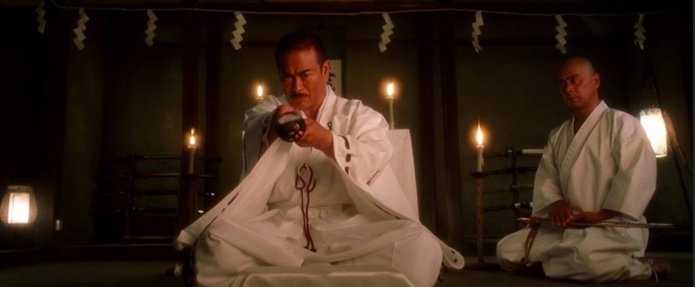
The 2000s and Beyond |
Tarantino, being a massive fan of Sonny's work, just could not help himself and cast his cinematic hero as Hattori Hanzo in the massively popular Kill Bill (2003). This appearance initiated a resurgence of Sonny's acting career. He was given a cameo appearance in Kenta Fukasaku's Battle Royale 2: Requiem (2003), played a supporting part in the crazy awesome comedy Survive Style 5+ (2004), and also had a major part as yakuza boss in The Fast and the Furious: Tokyo Drift (2006). Apart from numerous roles in Japanese direct-to-video flicks, observant viewers could also spot him in Junichi Ishikawa's April Fools (2015). Sonny's last cinematic appearance is marked by the film Bond of Justice: Kizuna (2021).
Trivia |
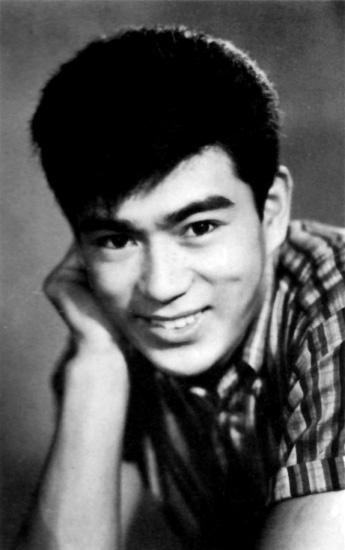 |
|
Awards Including Nominations |
| Year | Award | Title |
| 1958 | Mr. Sports Model: Wear Model Winner | |
| 1962 | Elan d'or Award : New Face Award | |
| 1967 | Japan Film Makers Association : New Artist Award | |
| 1969 | Kyoto Citizens' Film Festival : Best Actor Award | Memoir of Japanese Assassination |
| 1976 | Kyoto Citizens' Film Festival: Leading Actor Award | Terror of Yakuza |
| 1979 | 2nd Japan Academy Award : Outstanding Supporting Actor Award | Shogun's Samurai |
| 1979 | 22nd Blue Ribbon Award: Staff Award (for contributions by Sonny Chiba and Japan Action Club to action techniques in Japanese films) | |
| 1999 | 18th Hong Kong Film Awards : Outstanding Leading Actor Award | The Storm Riders |
| 2004 | 30th Saturn Awards : Supporting Actor Award Nomination | Kill Bill |
| 2005 | 25th Hawaii International Film Festival : MAVERICK AWARD [Special Award for Contribution to Film] | |
| 2006 | The 15th Japanese Movie Critics Award : Golden Glory Award [Actors who contributed to the development of Japanese cinema] | |
| 2006 | OKINAWA Cinema & Music Award Film Division Achievement Award | |
| 2007 | Amakusa Film Festival Style Award: Special Award | |
| 2011 | SINGAFEST 2011 [ sponsored by Bigfoot Entertainment ]: LIFETIME ACHIEVEMENT AWARD | |
| 2020 | Agency for Cultural Affairs Commissioner's Commendation |
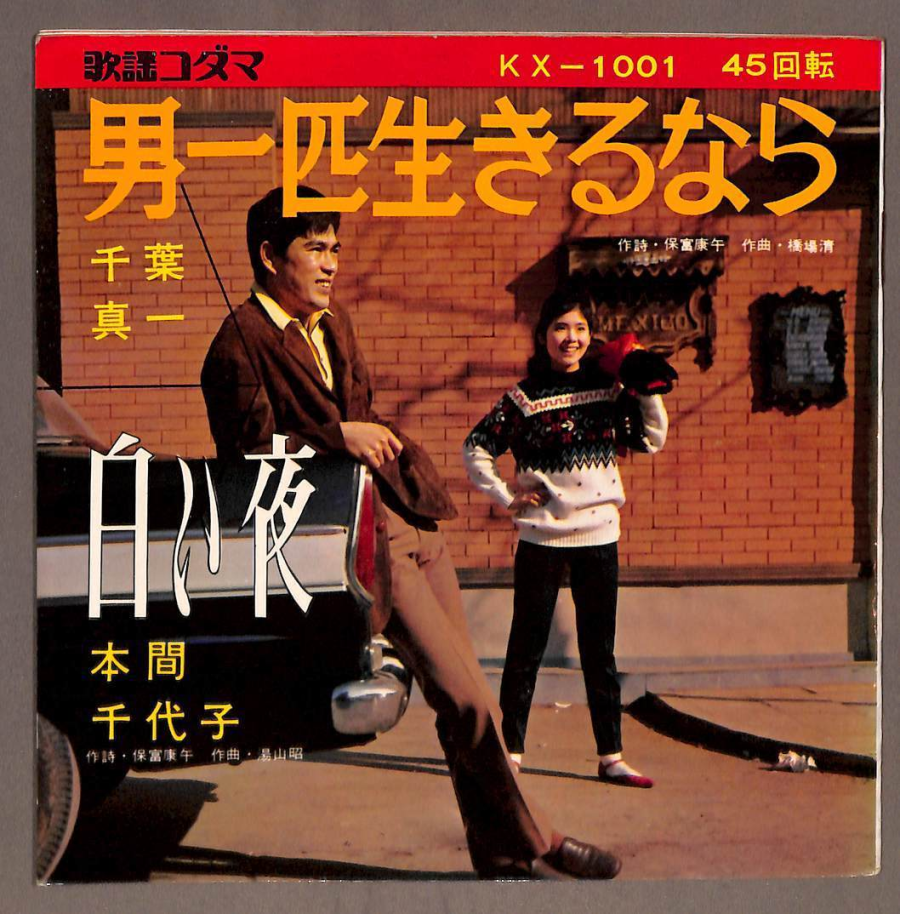
Music |
In 1963, he made his debut as a singer by releasing the single If you live with a man. He went on to release many more songs, here is his discography. In 1967, he formed an electric band called "The Satans" (ザ・サタンズ ) by Group Sounds. The band's name comes from Chiba, who liked the manga Akuma-kun.
All things considered, Sonny Chiba was a legend in his own time and brought to us so much entertainment over his life time. His loss will be felt greatly. We thank you for all the wonderful movies, TV shows, and vibrant characters you gave us. Your legacy will live on.

This was our retrospective tribute to Sonny Chiba and his career.
Have you seen his movies? What were your favourites?
Please share your thoughts in the comments. Thank you for reading!
Sources: Japanese Wikipedia * BBC * NYTimes * AVClub * dashfun * Youtube | Edited by: SumiTheCat (1st editor), devitto (2nd editor) |

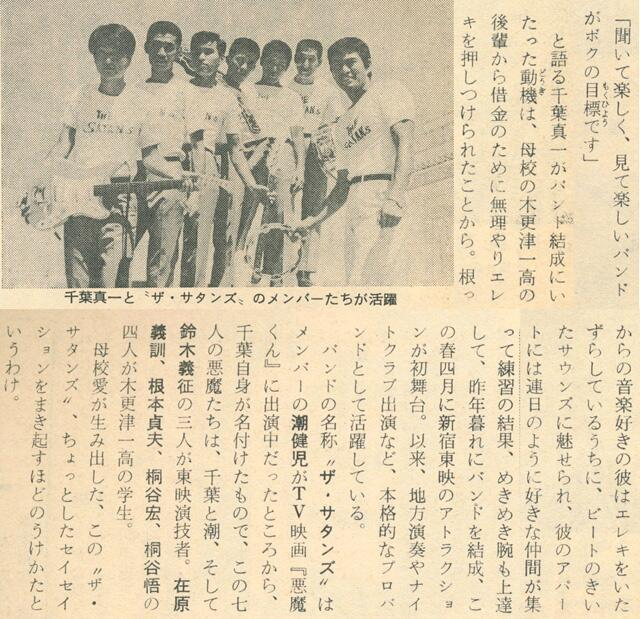 Source:
Source: 

